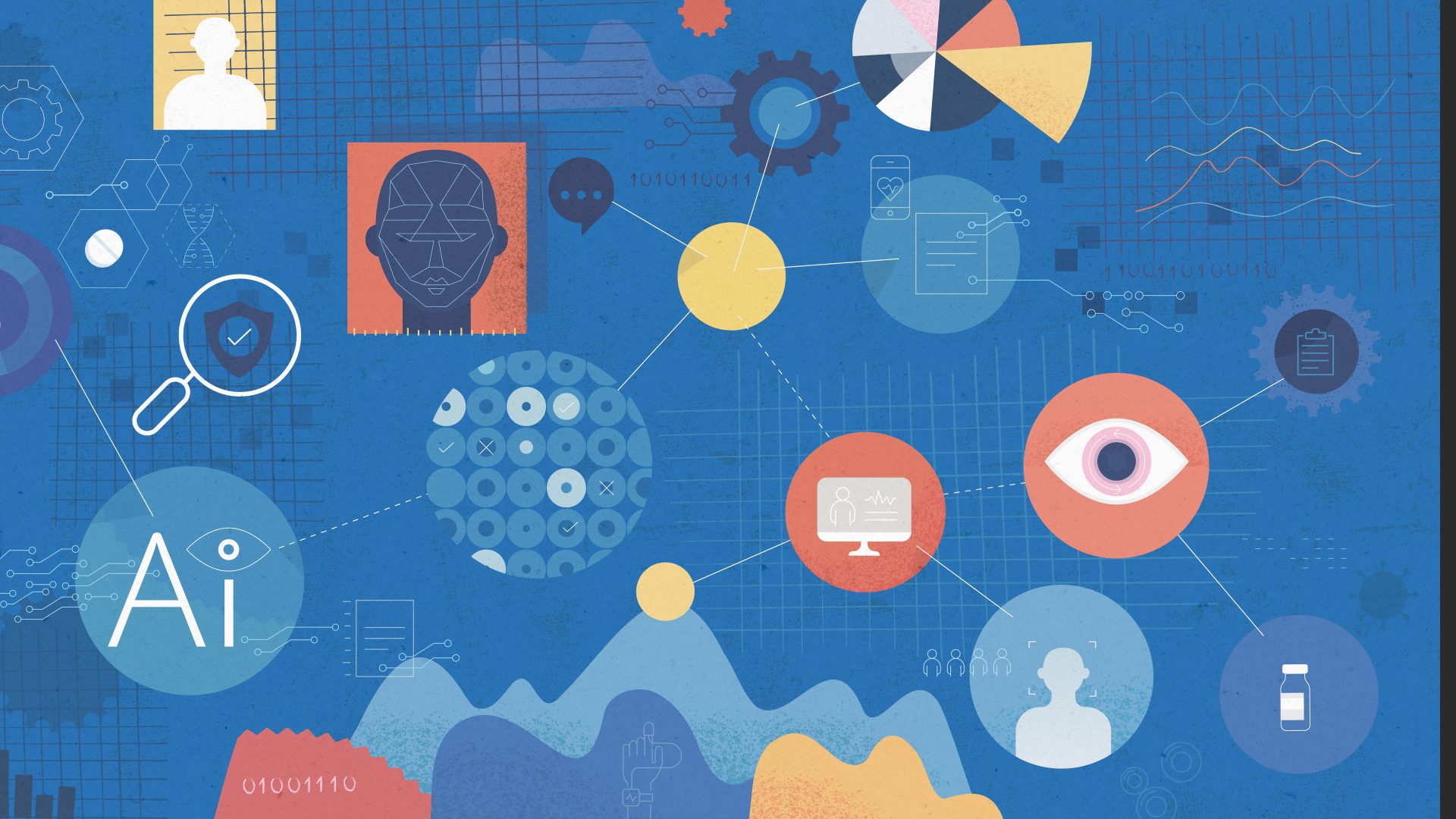Have you heard the one about the £22bn “black hole”? Of course you have, because ministers repeat it so often that it has assumed the status of a pantomime trope, with the audience tempted to respond to every mention of it with a chorus of “Oh, yes, it does (exist)”, or “Oh, no, it doesn’t”.
The previous government left the country’s finances in a terrible state, with unfunded commitments and heavy borrowing. Even the Conservatives’ current leader is conceding that, when it was in charge, her party had a habit of making promises with no idea how it was going to keep them, whether they related to bringing down immigration numbers or growing the economy after Brexit.
But the truth is that the UK’s problems go much deeper than the alleged “black hole” and the Tory errors that Kemi Badenoch has finally acknowledged. Keir Starmer must know that, but what he also realises is that to talk about the real scale of the challenge would risk electoral annihilation.
Voters do not want to hear that the country has for decades failed to address mounting problems, both economic and social, and that putting them right would take very many years and cause intense hardship. For an election manifesto, that does not sound like a winner.
So the prime minister limits the bad news as far as he can and seizes on one or two possible bright spots as offering potential salvation. The brightest of those is artificial intelligence.
Last Monday, Starmer launched what, for him, must qualify as a completely impassioned embrace of AI and the opportunities it offers. Acknowledging that other countries share his enthusiasm, he admitted that “this is the global race of our lives”, and suggested that “Britain will be one of the great AI superpowers”.
It was stirring stuff. “Britain is going to shape the future,” he declared, and it is true that the country has produced great scientists and continues to do so – but too often they take their talent to the US. It is not, however, merely a belief in the importance of AI that is driving Starmer’s enthusiasm.
He talked of it as offering “a path to national renewal”. He must know how badly that renewal is needed and that, even with the most revolutionary of technologies, the path to achieving it will be long and beset with difficulties.
The speech itself was not revolutionary. More than 50 years ago, Harold Wilson, the recently elected leader of the Labour Party, made a very similar call for the country to embrace technological change. He declared that “a new Britain” could be forged in the “white heat” of the scientific revolution that was under way. But even though he became prime minister the following year, the changes he talked of government delivering did not all materialise. While there was a boost to growth, some of the problems that bedevilled the country then have persisted, and even worsened.
Wilson believed that Britain was held back by the public school elites that dominated; by the institutions of the City and by the attitudes of superiority that dated back to the height of the empire. More than 50 years later, those criticisms still hold true and their persistence for so long has been in part responsible for the difficulties the UK now faces.
The City remains a dominant force in the UK, where dependence on the service sector, in particular financial services, has yielded an unhealthily unbalanced economy in which the few make annual riches beyond the lifetime incomes of the many.
Talk of “levelling up” by the previous government was an acknowledgement that there were large parts of the country that probably did not feel that great after decades of neglect. Talk, however, does not improve crumbling infrastructure, poor state education, a lack of employment or high rates of drink and drug dependency.
A benefits system that often appears designed to offer state handouts as the only means of a reasonable living has become entrenched. Even though the current government says it will change this, the challenge of getting some of these people into meaningful employment looks insurmountable. If they are genuinely sick, the struggling NHS is not in a fit state to put them right any time soon.
AI will make change easier, but the process of rebuilding Britain will need more than technology – and £22bn would barely move the dial.




